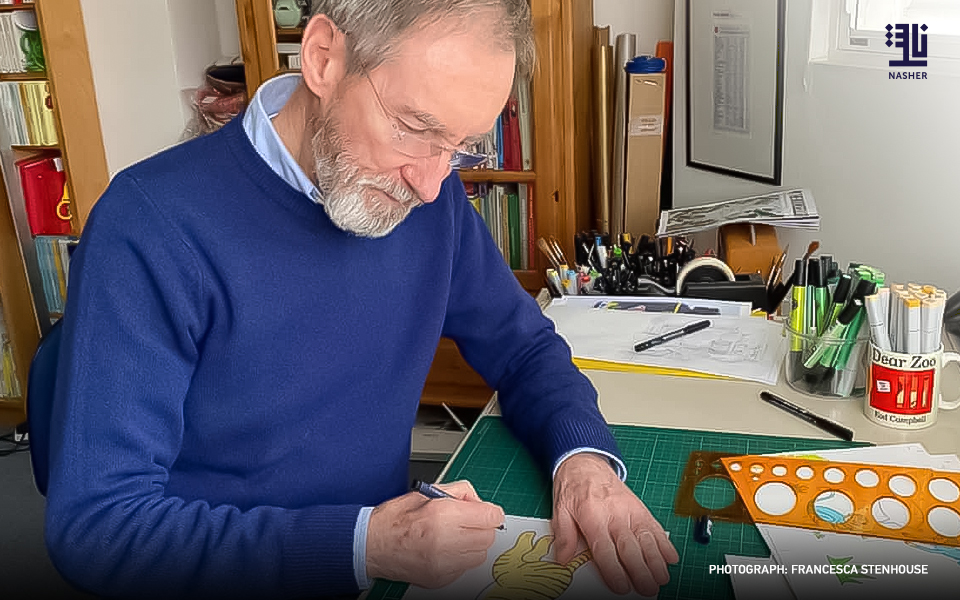No child could have grown up without reading the famous ‘Dear Zoo’ book, it is almost an essential purchase for every parent or guardian and if you are a fan then you will be happy to learn that Rod Campbell, author of the children’s popular classic Dear Zoo, has written a book with a different message to his best selling lift-the-flap picture book.
The elephant was too big, the lion was too fierce and the camel was too grumpy. For nearly 40 years, the characters of Dear Zoo have successfully convinced generations of children that wild animals belong in zoos – and that most definitely do not make good pets.
Now, the author of the children’s classic, Rod Campbell, wants to convey an altogether different and more serious message to families today about the endangered species in his most famous book: “We need to look after them better.”
In Look After Us, a new, non-fiction companion to Dear Zoo, Campbell attempts to introduce the concept of conservation to toddlers. Many of the much-loved animals from the pages of the original book are now threatened with extinction, he gently reveals, along with orangutans, tigers and whales.
He decided the best way was to write a picture book from the perspective of someone who tries to find their favourite animals, and then discovers there aren’t many of them left. Like in Dear Zoo, which has sold over eight million copies worldwide and is a perennial top-10 picture book in the UK, an animal hides behind each flap of the book and is only revealed when the flap is opened.
But, unlike in Dear Zoo, the flaps in the new book depict these animals in their natural habitats, not in crates and boxes. The animals do not belong in a zoo, but in the wild – where, the narrator explains, they are endangered.
He deliberately ends the book with an uplifting message: a huge, final flap, which reveals that, because “kind people” have looked after the whale, it is thriving in the sea.
“That’s the reward, if you like. Thanks to these kind people, look how happy the whales are – and how many they are,” he says.
“I thought there probably aren’t many books for the very youngest children about this topic, because it is difficult,” Campbell, 75, told the Observer. “It was a question of: how do you say that animals are dwindling in a way that a young child will understand?”
“Really, it’s like planting a seed in children’s minds,” Campbell says. “I think, if you come to the idea of conservation when you’re young, it stays with you. And I think it grows.”







